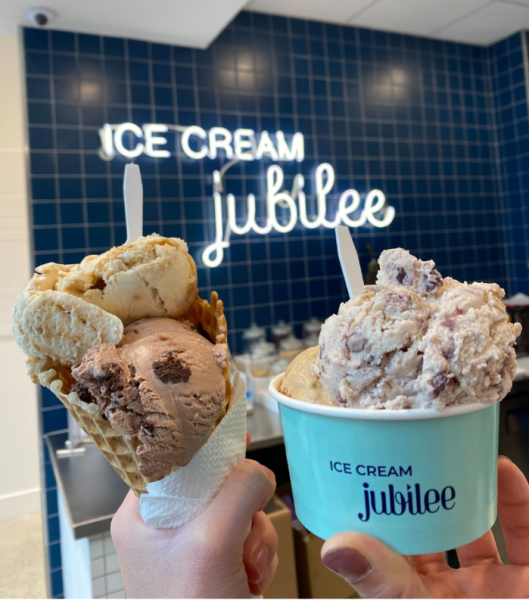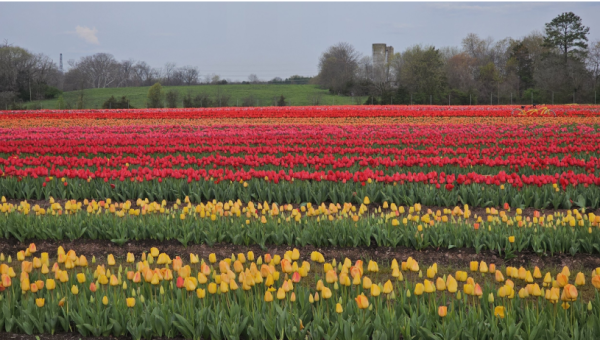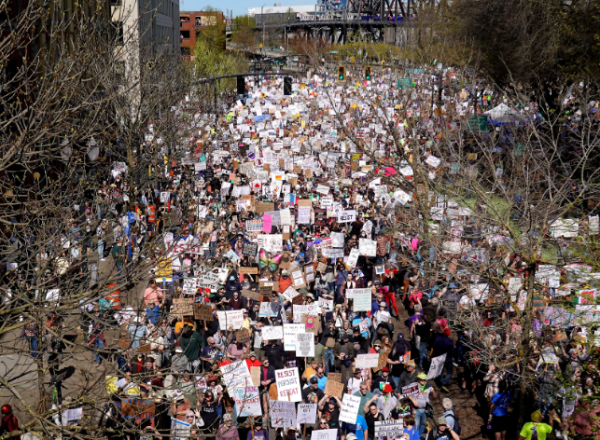Coffee from incarcerated people: What we can learn
Procreate Coffee, an organization contracted by the Department of Corrections to start a coffee school for incarcerated people at Rikers Island, was discontinued in 2017. However, in November of 2018, the program at Rikers resumed when a new barista training lab was opened in Sunset Park. The program was created to endow young adult incarcerated people with professional skills, build the spirits of incarcerated people in facilities all around, and even boost the morale of corrections officers.
The class provides incarcerated people with the opportunity to step into an environment where they’re separated from their convictions. Since the class at the women’s facility did so well, they’ve decided to extend it to adult male convicts as well, allowing incarcerated people of all genders to experience the ups and downs of customer service. Graduates of the barista program classes can even earn a correction department barista certification.
It really helps manifest the belief that your life isn’t over once you enter a cell. Incarceration often opens the mind in the wrong way. It’s much harder to get a job once you have a criminal record, and despite having learned from your wrongdoings, job applications will still be ignored and recidivism will be induced. This is partially the cause of desperation. Getting a job immediately after being released from prison reduces the chances of people continuing to reoffend.
Good interaction doesn’t exactly come with imprisonment. Prison isn’t a normal human environment, and criminals may not know how to act after release. Riker’s barista program helps reintroduce the rules of society. Working in customer service requires a high level of communication skills. It can build self-esteem and allow former convicts to believe they’re worthy of respect and a life outside of crime.
“The barista stuff, we’re trying to make it part of a holistic continuum,” Ms. Glazer, the director of Mayor Bill de Blasio’s office of criminal justice, said on the creation of the barista program. “It’s an incredibly important part of how we think about lightening the touch of the criminal justice system.” Incarcerated pepple who attend the barista classes are able to learn multiple skills that impact their work. It’s not as notable as being the president, but it still holds meaning. Starbucks’ own mission statement is to “inspire and nurture the human spirit – one person, one cup and one neighborhood at a time,” and isn’t it heart-warming to be someone who can enforce that?
Now, in the staff lounge of Riker’s infamous prison, policemen can line up at the counter and happily order from the incarcerated people they used to have a strained relationship with, no longer wary of accepting anything from them. Compared to whatever came out of those metal drips, fresh coffee from the people they monitor is a huge step up. The program eases the tension that tends to lie thick in prisons, and actually gives the incarcerated people and officers a pleasant reason to communicate.
Procreate Coffee’s barista program is especially important because of the opportunities it provides for incarcerated people. Those who have been incarcerated, especially teens, are often disheartened by the experience of incarceration. They don’t think they have any of the skills that are necessary when applying for a job, so they turn back to crime. Incarcerated teens of ages sixteen to eighteen have a history of being vulnerable to suicidal thoughts and acts, even after being released from prison.
The hopelessness of the incarcerated experience is something we, as a society, try to mitigate today, through rehabilitation and correction programs. The barista program is no different, giving incarcerated people something to look forward to and providing them with the necessary skills for working a public service job. It’s important to know that skills can be learned, matter how late; it’s just a matter of perseverance. This philosophy is not only applicable to formerly incarcerated individuals, but it is something that everyone should keep in mind as they go through life. Everyone experiences setbacks, small and large, but it is all about moving forward with the opportunities we are given.
Caiya Morrison is currently a senior at South Lakes High School. She is a staff writer for the Sentinel. She spends most of her time writing creatively...
















